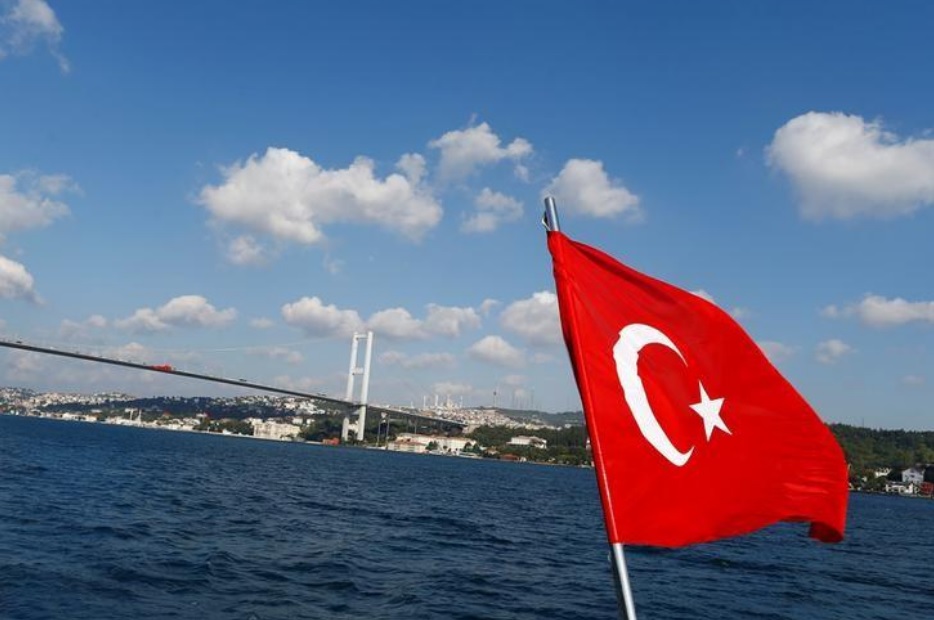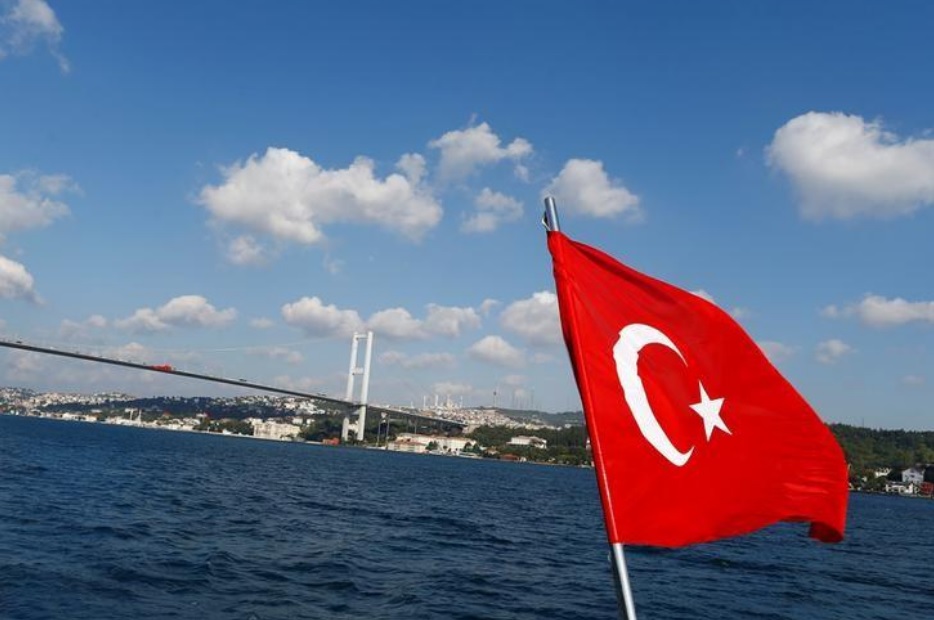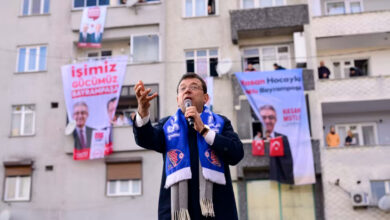Istanbul — Turkey on Thursday held out the prospect of closer economic ties if Syria's president meets demands for reform, even as Western powers warned of sanctions if Syria's bloody crackdown doesn't cease.
The escalating efforts of Turkey, NATO's biggest Muslim member, to work with Syria reflect its close relationship with President Bashar al-Assad, and its view of itself as a model for regional democracy.
Turkey shares a 877km border with Syria, most of it heavily mined. Some Turkish commentators have warned that refugees might try to flee to Turkey, though there is no sign of such an exodus for now.
Assad met a delegation led by Hakan Fidan, chief of Turkey's National Intelligence Agency, and Kemal Madenoglu, head of the agency that oversees infrastructure projects, Turkey's Anatolia news agency reported from Damascus.
The agency said Syrian Prime Minister Adel Safar was also present at the meeting, and that Turkey's possible contribution to "the reform process in Syria" was discussed. Experts from the Turkish planning group were expected to visit Syria in coming days to help plan development of infrastructure.
It was unclear how the prospect of Turkish economic assistance might sit with increasing calls in the West for sanctions against Syria, whose forces have sought to crush the revolt, the gravest challenge to the 40-year ruling dynasty of Assad's family. More than 450 people have died.
The crisis poses a major challenge to Turkey's developing trade and political ties with Syria, and calls into question Turkey's self-declared policy of seeking "zero problems" with neighbors in its diplomatic efforts in the region.
Turkish Prime Minister Recep Tayyip Erdogan, who has talked to Assad at least three times since protests began in Syria, said Turkey does not want to see an "an authoritarian, totalitarian, imposing structure" there. But he has not called for Assad's ouster, in contrast with earlier calls for Egypt's Hosni Mubarak and Libya's Muammar Qadhafi to step down.
Tensions between Turkey and Syria ran high in the 1980s and 1990s when Turkey accused Syria of sheltering Kurdish rebels from Turkey, but relations have improved. In 2009, Turkey and Syria implemented visa-free travel, and Turkey hopes to almost double trade with Syria to US$5 billion by next year.
The deeply divided UN Security Council failed to agree on a Western-backed statement Wednesday condemning the crackdown, but European countries have threatened sanctions if the crackdown didn't stop, and US officials have said Washington has begun drawing up targeted sanctions against Assad, his family and his inner circle.
Israel's Foreign Minister Avigdor Lieberman on Thursday said his country wouldn't interfere in the domestic affairs of any other country but that the "same behavior" and the "same principles" the international community used to protect civilians in violence-torn Libya should be applied in Syria.
Lieberman was referring to the need for international intervention in Syria, according to Israel's Foreign Ministry.
US Senator John McCain, meanwhile, said in an interview on France-24 television that a military intervention in Syria would be risky and might not stop Assad's crackdown on opponents. McCain, on a visit to Paris this week, urged sanctions and pressure by the UN Security Council.
The US and other Western nations, meanwhile, were lobbying against Syria's unopposed candidacy for a seat on the UN's top human rights body while seeking international condemnation of the country's use of violence to try to silence protests.
The UN Human Rights Council will meet in special session in Geneva on Friday to discuss the killings in Syria.




